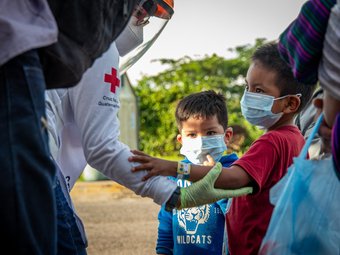The Red Cross promotes anticipatory action for migration in Central America and Mexico
Migration is a multicausal phenomenon in which thousands of people undertake a complex journey characterized by high-risk situations. This is the case of Central America and Mexico, which has become the route with the greatest influx of people trying to reach the United States. For example, according to official data from national migration institutes, during 2022 Panama registered nearly 248,000 migrants crossing the Darién Gap; Honduras recorded 189,000 people transiting through its official borders; and Mexico saw close to 389,000 people entering via its southern border.
An event to discuss anticipatory action for migration was held in Tegucigalpa, Honduras, from 10 to 13 May 2023, with more than 40 specialists representing 6 National Red Cross Societies – Costa Rica, El Salvador, Guatemala, Honduras, Mexico and Panama – participating. The aim was to promote this approach as a way to provide humanitarian assistance to, and protection for, migrants, both those in transit and those returning.
Specialists in risk management, migration, security and information management from each country worked together to create simplified Early Action Plans, in which potential activation mechanisms and anticipatory actions were identified, according to the migration contexts related to transit and return.
Mauricio Paredes, vice-president of the Honduran Red Cross’s region 3, highlighted that “the initiative, as a space for the exchange of lessons learned and good practices in the care of people on the move, which will undoubtedly help us to have more coordinated and efficient humanitarian action in the region.”
The event was facilitated by the technical team from the German Red Cross, the International Federation of Red Cross and Red Crescent Societies (IFRC) and the International Committee of the Red Cross (ICRC). This initiative represents a substantial step forward in scaling up anticipatory action in the Americas, in terms of innovation on non-climate hazards and crises.
Promoting anticipatory action for migration in Central America and Mexico
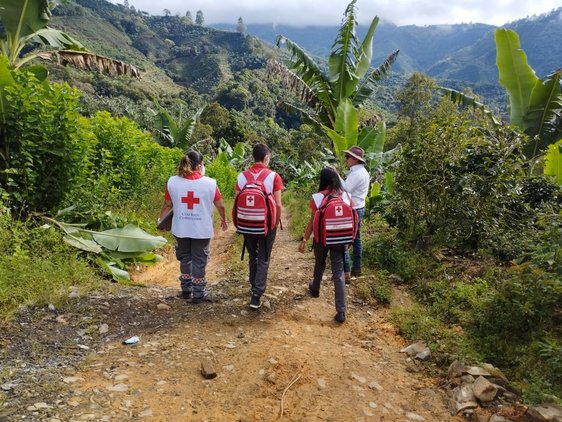
Supporting migrants through anticipatory action in Costa Rica. © Costa Rican Red Cross
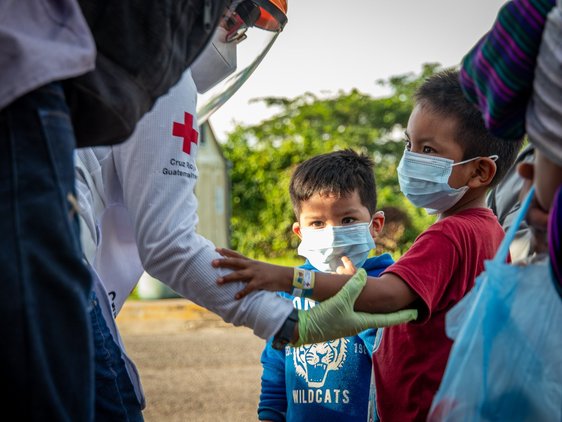
Supporting migrants through anticipatory action in Guatemala. © Guatemalan Red Cross
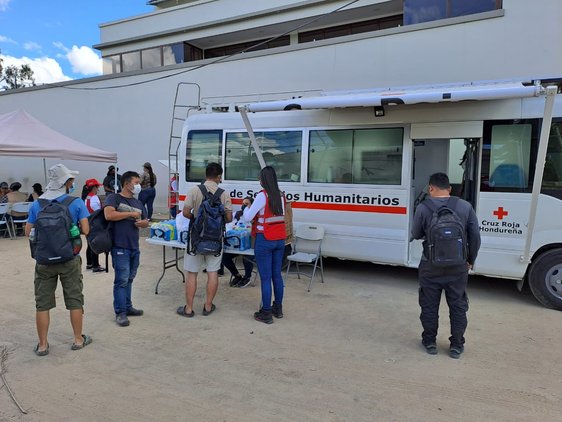
Supporting migrants through anticipatory action in Honduras. © Honduran Red Cross
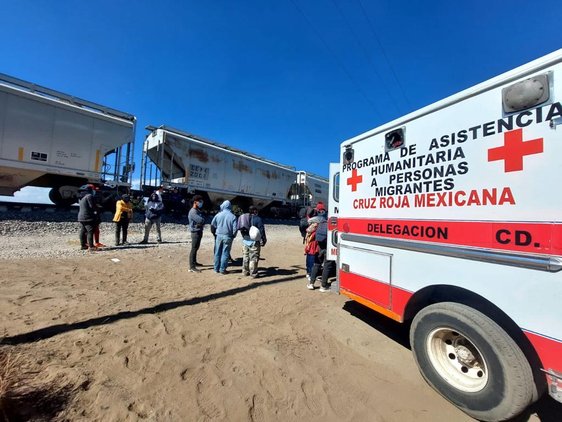
Supporting migrants through anticipatory action in Mexico. © Mexican Red Cross
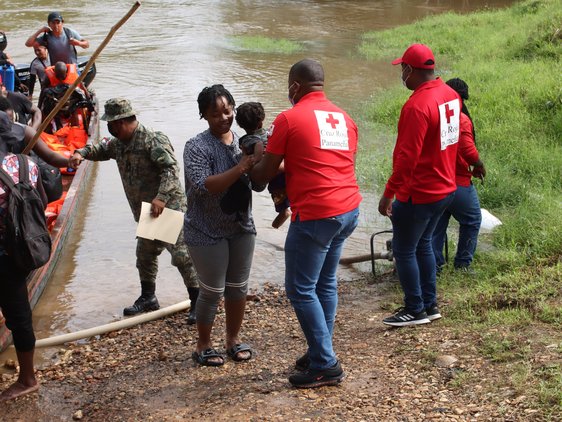
Supporting migrants through anticipatory action in Panama. © Panamanian Red Cross
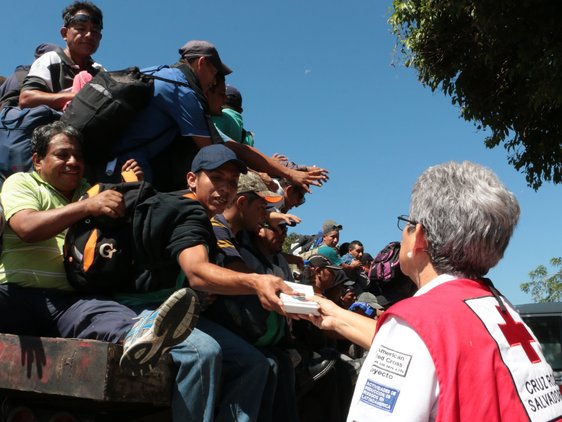
Supporting migrants through anticipatory action in El Salvador. © Salvadorian Red Cross Society

Supporting migrants through anticipatory action in Costa Rica. © Costa Rican Red Cross
Supporting migrants through anticipatory action in Guatemala. © Guatemalan Red Cross
Supporting migrants through anticipatory action in Honduras. © Honduran Red Cross
Supporting migrants through anticipatory action in Mexico. © Mexican Red Cross
Supporting migrants through anticipatory action in Panama. © Panamanian Red Cross
Supporting migrants through anticipatory action in El Salvador. © Salvadorian Red Cross Society

